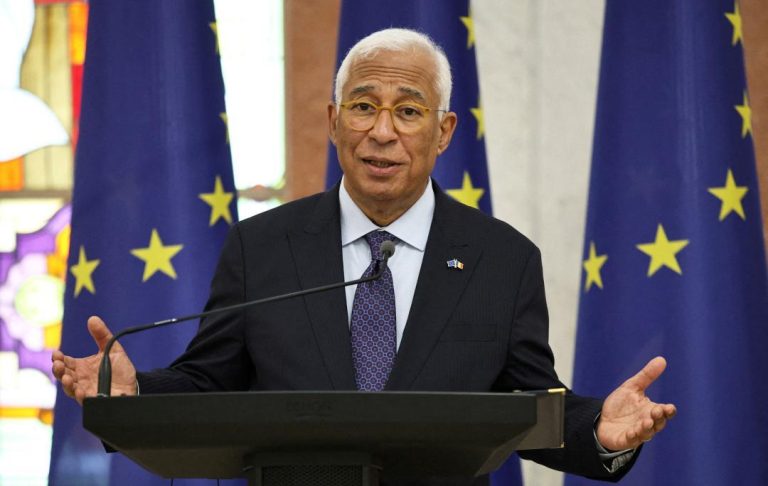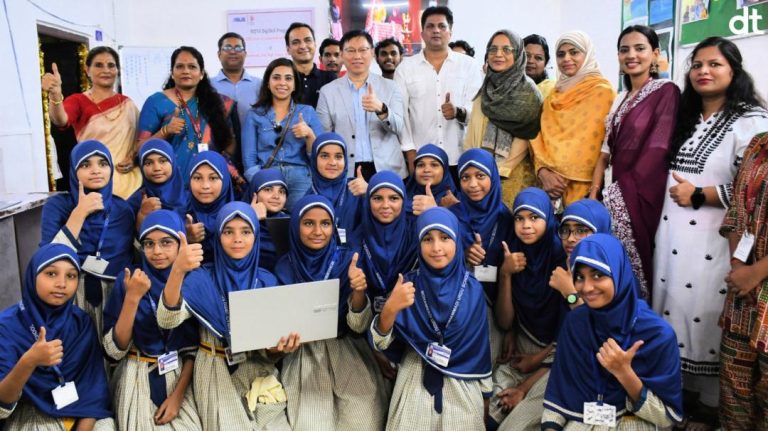
Title: You Can’t Run Pakistan Without US Help & You’re Trying to Stare Us Down: Owaisi to Bhutto
The recent remarks made by Pakistani politician Bilawal Bhutto regarding the Pahalgam attack have sparked a heated debate, with AIMIM chief Asaduddin Owaisi being the latest to react. In a sharp retort, Owaisi targeted Bhutto, saying that Pakistan cannot run without the help of the United States and that Bhutto is trying to stare down India.
Bhutto had earlier said, “Indus is ours…either our water will flow…or their blood,” in response to the Pahalgam attack. This statement has been widely condemned, with many seeing it as a threat to national security. Owaisi’s response was just as fiery, with him saying, “Unless US gives you something, you cannot run the country and you’re trying to stare us down.”
Owaisi’s comments are a reflection of the complex relationship between India and Pakistan. The two countries have a long history of conflict, and their relations are always fraught with tension. The Pahalgam attack is just the latest example of this, with many questioning Bhutto’s decision to make such a provocative statement.
But Owaisi’s comments also highlight the reality of Pakistan’s dependence on the United States. Despite being a nuclear power, Pakistan relies heavily on the US for financial and military aid. Without this support, Pakistan’s economy would likely collapse, and its military would be severely weakened.
This reality is not lost on Owaisi, who is well aware of the complex web of alliances and rivalries that exists in the region. He is also aware that Bhutto’s remarks are not just a threat to India, but also a reflection of Pakistan’s own vulnerabilities.
In his remarks, Owaisi also invoked the memory of Bhutto’s mother, Benazir Bhutto, who was killed in a suicide attack in 2007. “Terrorism killed [his mother]…If he doesn’t get that, what will you explain to him?” Owaisi said.
This reference to Bhutto’s mother is a clever move, as it highlights the personal cost of terrorism and the devastating impact it has had on Pakistan. It also serves as a reminder that terrorism is a global problem, and that both India and Pakistan are vulnerable to its threats.
But what is clear is that Owaisi’s comments are not just a response to Bhutto’s remarks, but also a reflection of the deep-seated tensions that exist between India and Pakistan. The Pahalgam attack is just the latest example of this, and it is unlikely to be the last.
In conclusion, Owaisi’s comments highlight the complex reality of Pakistan’s dependence on the United States, and the deep-seated tensions that exist between India and Pakistan. While Bhutto’s remarks may have been intended to stir up nationalist sentiment, they have instead served as a reminder of the dangers of terrorism and the need for cooperation between nations.
As the situation in the region continues to unfold, it is essential that India and Pakistan engage in diplomatic efforts to resolve their differences peacefully. This will require a willingness to listen to each other’s concerns and to work together to address the root causes of terrorism.
In the meantime, Owaisi’s comments serve as a reminder of the importance of staying calm and avoiding inflammatory rhetoric. As the situation in the region continues to evolve, it is essential that leaders on both sides remain committed to peace and stability.





